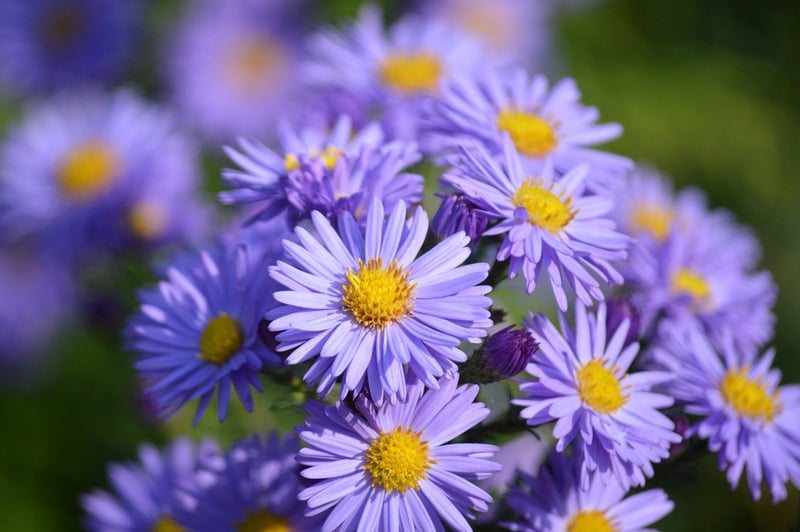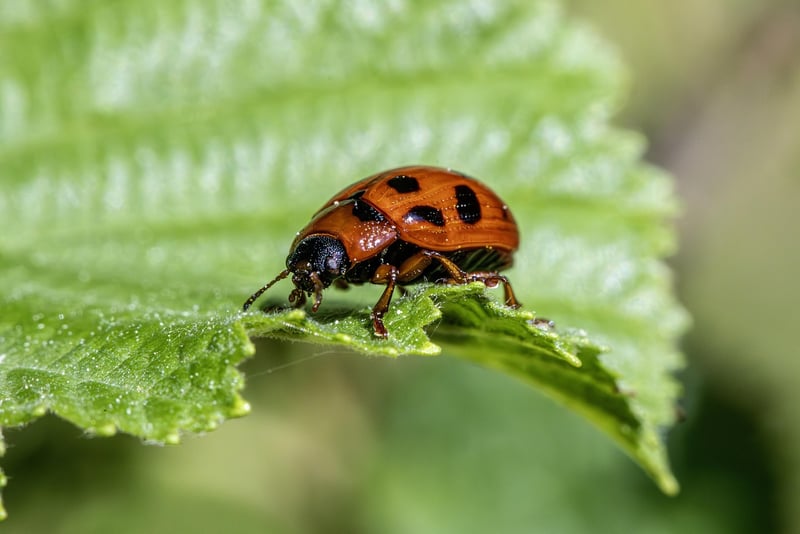Natural Pest Control
Maintain Healthy Plants and Implement Natural Pest Control
Keeping your plants healthy and thriving is a rewarding experience for any gardener. However, pesky pests can often hinder the growth and well-being of your plants. Instead of resorting to harmful chemical pesticides, consider using natural methods to control pests while maintaining the health of your plants.
1. Choose the Right Plants
Start by selecting plants that are well-suited to your local climate and soil conditions. Healthy plants are naturally more resistant to pests and diseases.
2. Maintain Proper Plant Care
Provide your plants with adequate sunlight, water, and nutrients. Proper care strengthens plants and helps them fend off pests more effectively.
3. Companion Planting
Explore companion planting techniques where certain plants are grown together to naturally repel pests or attract beneficial insects.
4. Homemade Pest Sprays
Create natural pest sprays using ingredients like neem oil, garlic, pepper, or soap. These solutions are effective against common garden pests.
5. Beneficial Insects
Introduce beneficial insects like ladybugs, lacewings, or praying mantises to your garden. These insects prey on harmful pests, providing a natural form of pest control.
6. Physical Barriers
Use physical barriers like row covers or netting to protect your plants from pests like birds or insects.
7. Crop Rotation
Rotate your crops each season to prevent the build-up of pests in the soil. Different plants have different pest vulnerabilities, so rotating crops can disrupt pest life cycles.
8. Regular Inspections
Regularly inspect your plants for any signs of pest infestations. Early detection can help you address pest problems before they escalate.
9. Natural Predators
Encourage natural predators like birds, frogs, or lizards in your garden. These creatures feed on pests and help maintain a natural balance in your garden ecosystem.
10. Organic Mulch
Use organic mulch like straw or wood chips to deter pests and retain moisture in the soil. Mulch also provides a habitat for beneficial organisms that contribute to pest control.
By following these natural pest control methods and maintaining the health of your plants, you can create a thriving garden environment without the need for harmful chemicals. Enjoy a bountiful harvest while promoting a sustainable and eco-friendly approach to gardening.

For more tips and inspiration on gardening, visit Royal Horticultural Society - Grow Your Own.
